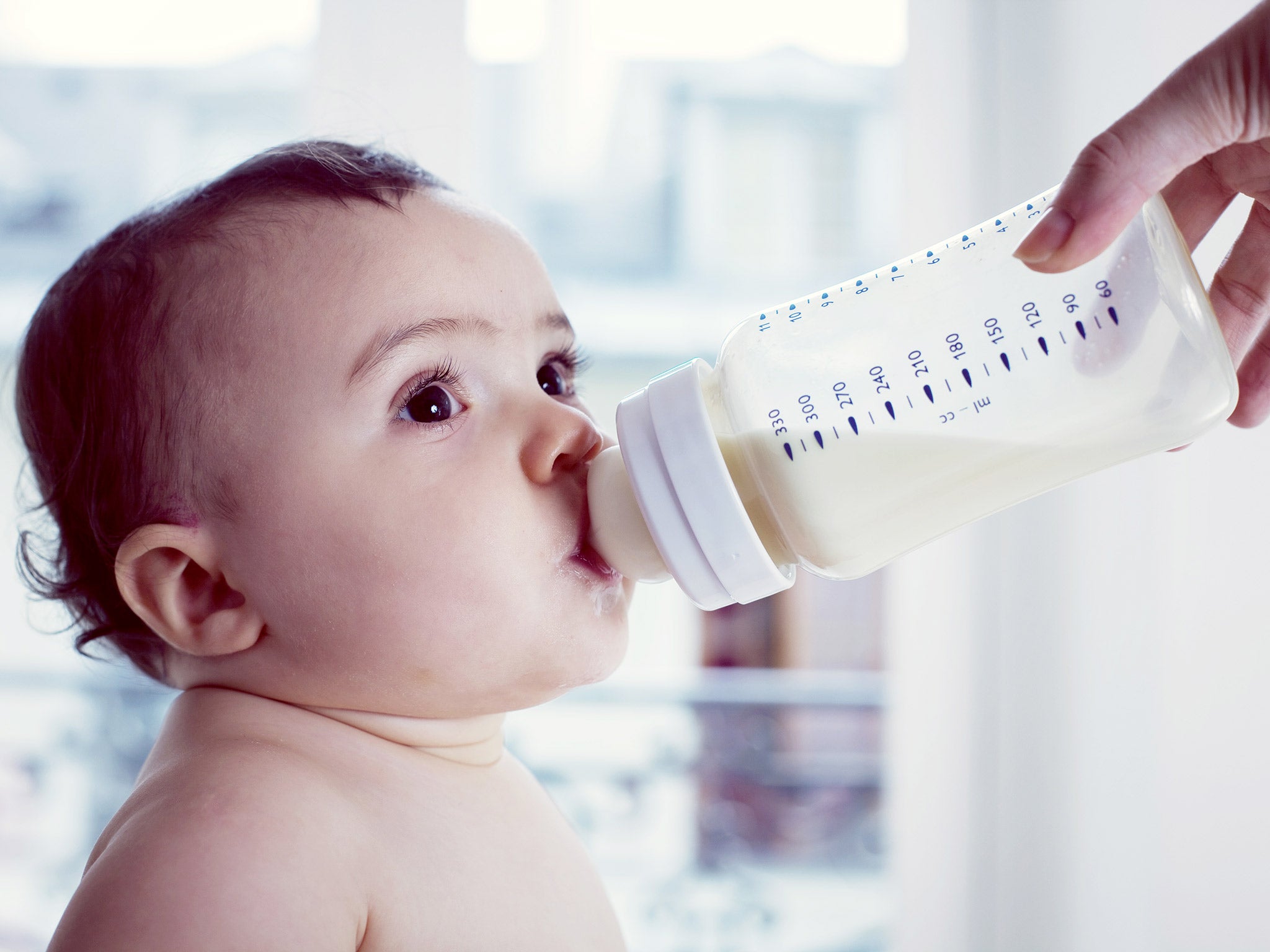What it's like to have kids in Sweden — the country with the best parental leave policies in the world

Your support helps us to tell the story
From reproductive rights to climate change to Big Tech, The Independent is on the ground when the story is developing. Whether it's investigating the financials of Elon Musk's pro-Trump PAC or producing our latest documentary, 'The A Word', which shines a light on the American women fighting for reproductive rights, we know how important it is to parse out the facts from the messaging.
At such a critical moment in US history, we need reporters on the ground. Your donation allows us to keep sending journalists to speak to both sides of the story.
The Independent is trusted by Americans across the entire political spectrum. And unlike many other quality news outlets, we choose not to lock Americans out of our reporting and analysis with paywalls. We believe quality journalism should be available to everyone, paid for by those who can afford it.
Your support makes all the difference.Earlier this year, US News published a survey of more than 16,000 people that determined Sweden is the best place in the world to have kids.
Susanna Le Forestier, a 41-year-old mother of two, didn't needed a study to tell her that.
"It's wonderful," the Stockholm native tells Business Insider.
Le Forestier is the head of the Events Unit at the Swedish Institute, a government agency that promotes all the great things Sweden is doing around the world. Among the country's many virtues: generous parental leave policies.
New parents in Sweden are entitled to 480 days of paid leave per child at 80% their normal salary. They are free to split the time however they choose, although one parent must take at least 90 days.
If they don't, that time is lost — an undesirable situation given that the days don't expire until the child turns 8. That allows people to combine their vacation days and remaining leave days, and use the time off for longer summer trips or extra visits to museums as their children grow up.
But the greatest benefits of generous parental leave, of course, come in the early months, when parents can be with their kids as they conquer their many "firsts" — first smile, first word, first step.

Le Forestier and her husband went the route of most parents, and split their leave time down the middle. Each stayed home a few days out of the week while their kids were babies, but Le Forestier says they still have about 100 days of leave left to take for their 4-year-old son and 200 days for their 3-year-old daughter.
Le Forestier says she also received a huge amount of social support as a new mom. When her 4-year-old son was a baby, she read to him at the library, bounced him through mommy-baby workouts at the gym, and attended reserved screenings for parents at the local movie theater.
"It's open to everyone, but I don't think anyone would want to go to the movies with like 15 babies in the room," she says, adding that the theaters set up diaper-changing stations for when babies create their own intermissions.
Throughout all this, Le Forestier says the obligation to return to work never felt like a rain cloud looming over her. No one pressured her to come back. Her boss was surprised when Le Forestier announced that she was pregnant with a second child only a month after she'd returned from her first leave, she says, but he was happy for her nonetheless.
"For my husband it's a little bit different," she says.
Le Forestier's husband works at a private company in a smaller town outside Stockholm, where the attitudes toward fathers taking leave haven't caught up to Stockholm's affinity for fairness. She says he had to explain himself a bit more than she did, but the law is the law, so his application for leave was approved regardless.
A lot of research about worker productivity suggests employees would be better off if more governments or companies took cues from Sweden. When people have more time to spend with family, and can avoid juggling their job with child-rearing, they tend to be happier and do better work.
"There is no opposition to this, left to right," Le Forestier says.
That kind of widespread support has led to a broad set of policies aimed at helping kids get the best possible start in life. For example, day care in Sweden is guaranteed to each child and heavily subsidized by the government. Le Forestier says it should cost her $1,300 a month to send both her kids to day care, but she pays just $165.
While there, her kids get prepared for school while still getting ample play time. Plus, they eat well.
"And the food's really good," she says of school lunches. "It's all organic, very healthy, and they eat together for a long time every day. It's very good. The system is very good."
Read more:
• This chart is easy to interpret: It says we're screwed
• How Uber became the world's most valuable startup
• These 4 things could trigger the next crisis in Europe
Read the original article on Business Insider UK. © 2016. Follow Business Insider UK on Twitter.
Join our commenting forum
Join thought-provoking conversations, follow other Independent readers and see their replies
Comments